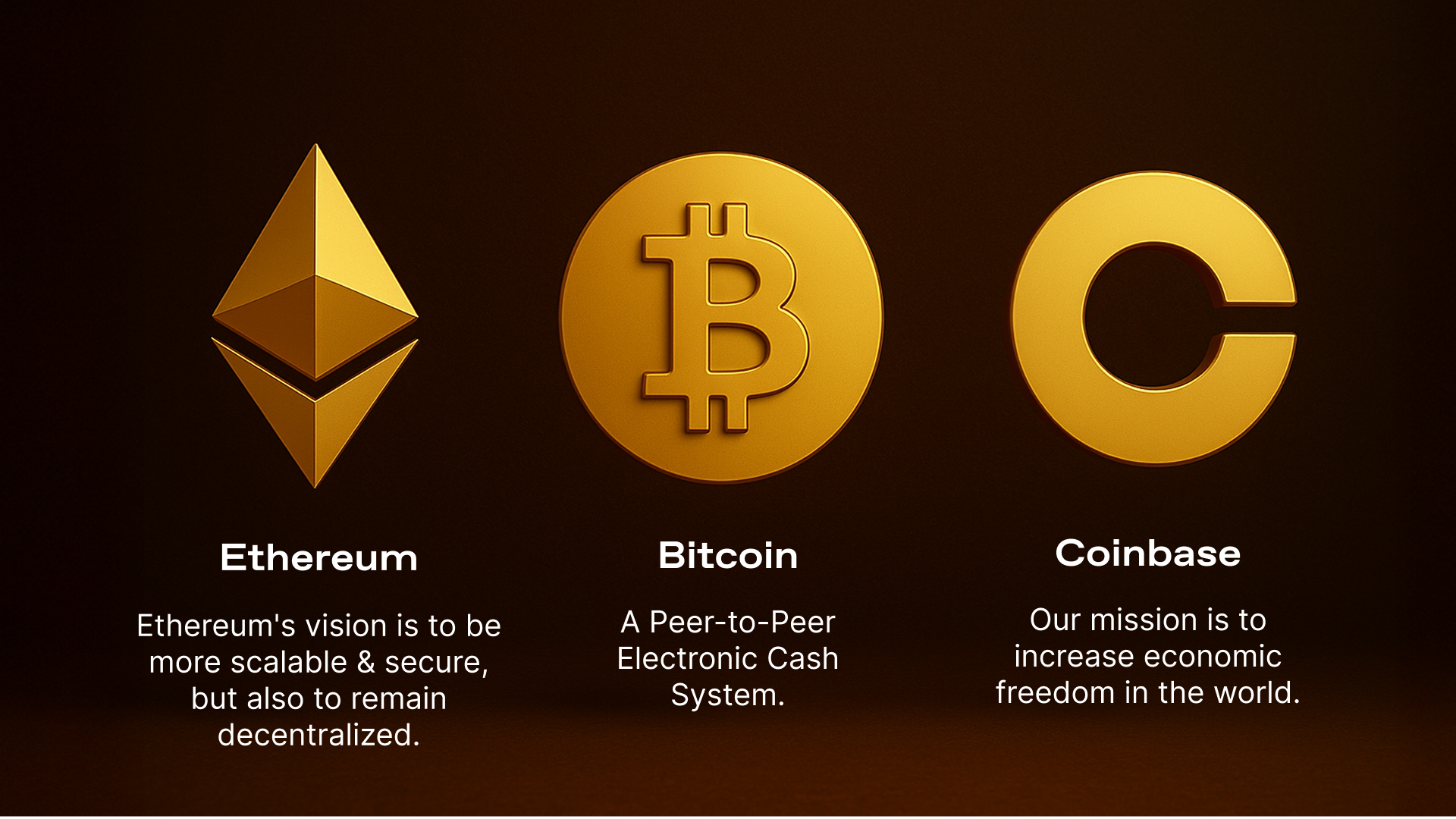Is Web3 still in alignment with its original goals? The launch of Bitcoin in 2009 aimed to decentralize finance, expand inclusion, and increase transaction transparency.
Then came pump-and-dumps, rugging, and degens. This quick-grab culture made it easy for mainstream media and finance to call crypto a scam. Today, however, that “number go up” culture seems to have galvanized around ethically dubious schemes. It begs the question: is Web3 finance losing its soul to wallet-watching?
In the beginning, there was the whitepaper
In October 2008, Satoshi Nakamoto (a pseudonym) published a nine-page white paper in a cryptography newsletter. Why would a whitepaper by a total unknown get any attention at all?
The market crash had set the stage; the message of the whitepaper capitalized on it. “I’ve been working on a new electronic cash system that’s fully peer-to-peer, with no trusted third party,” said one part of the email. To add, some of the recipients had also been working on cryptocurrency solutions. The community was looking for options — and this one worked.
Bitcoin and its successors all aim to do one thing: make money trustless. It set forth the values of freedom, privacy, decentralization — before the memes and mayhem took over. Let’s take a look at the mission statements of some of today’s biggest players in DeFi.

The ideals of crypto include transparency, community-driven governance, and censorship resistance. For fifteen years, DeFi has worked toward those values. So what happened?
WAGMI… even if we have to rug you first
In the late twenty-teens, a new community formed. Now known as Degens, this investor culture is obsessed with being the earliest coin adopters and often dump at peak growth (rather than hold tokens and join the corresponding communities). Here’s the quick and dirty history:
- The ICO Gold Rush — 2017-2018 saw some of the largest ICOs to date. Investors were buying anything that had a whitepaper. This was the “proto-degen” era.
- DeFi Summer — In 2020 we were locked down, but our money wasn’t. This is the first time the term “Degen” comes on the scene. Yield farming exploded and YOLO moves were cheered on Discord. It was all about turn and burn.
- NFT Mania — By 2021, NFTs were flying off the shelves and Degens were “Aping in.” Investments and trades stacked up on exchanges faster than one could yell FOMO. The massive returns fueled the fire.
Alongside the feeding frenzy came the bad rap: crypto is all about get-rich-quick schemes, not investing nor community. The mainstream media, not recognizing the nuance that Degens represent only a small part of the crypto community, focused on the swarms of insider token launches and denounced the rug pulls.
Virtue signals lost in translation
A positive ethical case study: Ethereum’s DAO fork (2016)
- What Happened: The DAO became infamous when a hacker siphoned off over $60M worth of ETH from their fund. A vulnerable smart contract was responsible for the crack.
- The Dilemma: Ethereum had to decide if they would let the hack stand in the name of immutability, or fork the chain and restore the funds.
- The Result: The situation was debated publicly. Ultimately, Buterin and the team decided to hard fork the chain, returning the funds to The DAO. This move put fairness and justice ahead of rigid ideology.
A negative ethical case study: Squid Game token rug pull (2021)
- What Happened: An anonymous team launched a $SQUID token, named after Netflix’s popular show The Squid Game. The token was soon valued at sky-high prices… until the team pulled the funds, crashing the token.
- The Dilemma: The team was unavailable for feedback, the whitepaper was full of inconsistencies, and the token was validated by hype alone.
- The Result: It is alleged that the team made off with over $3M in investor funds. There was zero accountability and primarily newcomers were rugged.
Both cases were newsmaking and underscored the general public’s concerns that crypto is risky business full of grift. Ethereum’s response, however, pushed back against that ethos, and reminded both the community and outside observers that Web3 puts its ethics first.
When lambo dreams leave the commons behind
Access continues to be one of the open questions in Web3. With emerging markets leading the way in stablecoin adoption, crypto has proven itself time and again to be a key unlocking unbanked communities. Crypto can be sent into warzones, can deliver large funds without banking fees, and be used by nearly anyone.
But when profits are prioritized over principles, newcomers and limited parties get squeezed out, just as we saw in the Squid Game rug pull. Such events undermine the community’s trust in crypto, calling into question the sustainability of projects and protocols, especially by hot-headed individuals who only see nefarious players. Not to mention hyping political and market events that have real-world fallout just because they boosted a buck labels the community unfeeling.
Add to that regulators who mistakenly believe such attitudes are the norm rather than the exception and the outlook of crypto dims for all. It’s not wrong to want your wallet to grow — but putting that ahead of the rest of crypto’s values endangers the entire industry, including your wallet or project.
From degens to regens: The morality merge
Just a reminder that crypto has plenty of positive action to engage with. ReFi, DeSci, and other real-world impact projects lead the way in shaping economic incentives that do the world good. All while building robust treasuries.
If you’ve entered crypto hoping to give an edge to your portfolio but want to ethically engage, here are some options:
- Look for quadratic voting/funding — programs like Gitcoin offer new Web3 projects unique grants through quadratic funding. Each donation counts for two things: the amount given and a vote toward allocating a part of the community pool to that project. As a result, even projects that get ten $1 donations may receive a larger grant than a project that received five $25 donations. Quadratic voting works much the same way, ensuring larger token holders in a project don’t overpower the voice of the rest.
- Invest in DAOs and open deliberation — decentralized autonomous organizations are known for their community approach to building an impact-driven treasury. Today, they manage over $24B in assets under management, all working toward public goods, NFT treasuries, and other community-owned assets. They are a great way to ensure diverse perspectives in fund management.
- Consider onchain reputation systems — Web3 doesn’t have a credit system. While that’s a good thing (for example, the U.S. credit system often limits access to funds), it sometimes gives too much latitude to bad players. Reputation systems like ratings for interactions help solve this problem. Even such projects like the Gitcoin Passport ensure that real humans are interacting with a fund.
Don’t let your ethics become an expired token
Something drew you to Web3. Whether it was the opportunity to invest without banks grabbing at your money or a desire to work in a less-exploitative ecosystem, you have surely benefited from its underlying values.
Those values are the brick wall standing between TradFi and DeFi. It is up to each and every one of us to support them. Without them, the future of finance will mirror what already exists; only the tech will be different.
If you’re looking for sustainable Web3 activity and values-driven Web3 leaders who share their insight, join us by becoming an Onchain Founding Member and build a better community for all.



